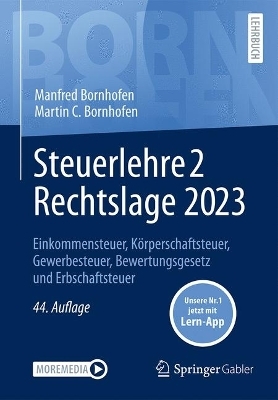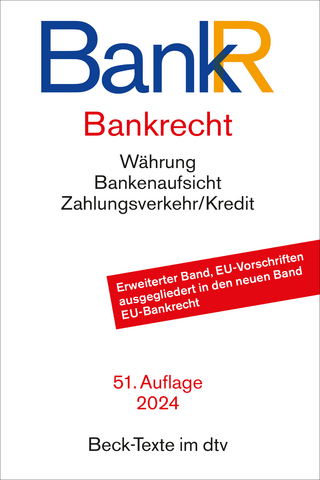
The End of Negotiable Instruments
Oxford University Press Inc (Verlag)
978-0-19-985622-0 (ISBN)
The modern American law of payment systems is in disarray. Efforts to create a unified body of law for payment systems have so far been unsuccessful. Part of the reason for that failure is the assumption that the existing law works well for the traditional paper-based check system, and that problems have been created only by the evolution of new technologies. The End of Negotiable Instruments argues that this assumption is unfounded. The basic law of checks is itself anachronistic. There are no other books that undertake a similar analysis--there are legal treatises on the law of checks and notes, but all of them take for granted the basic assumptions challenged in this book. Several articles were published in the late twentieth century concerning the dispute over the application of certain doctrines of traditional negotiable instruments law to modern consumer finance transactions, but none of this literature went on to consider the broader question of whether there is anything worthwhile left in negotiable instruments law.
James Steven Rogers is Professor of Law at Boston College Law School, where he teaches commercial law, payment systems, and contracts. Professor Rogers has played a major role in the development of modern commercial law. He served as Reporter (principal drafter) for the Drafting Committee to Revise UCC Article 8, which established a new legal framework for the modern system of electronic, book-entry securities holdings through central depositories and other intermediaries. He was also involved in the projects on negotiable instruments (UCC Articles 3 and 4) and secured transactions (UCC Article 9). He is widely published in law reviews on subjects of modern commercial law and bankruptcy, particularly in the fields of investment securities, negotiable instruments, and the history of Anglo-American commercial law.
Introduction ; Chapter 1 The Sorry State of Modern Payment Systems Law ; Chapter 2 The Puzzling Persistence of the Law of Checks and Notes ; Chapter 3 Paperless Paper ; Chapter 4 Reports of the Death of the Holder in Due Course Doctrine Are Greatly Exaggerated. ; Chapter 5 A Visit to the Museum of Negotiable Instruments Law ; Chapter 6 The Bank Always Loses ; Chapter 7 Are Checks Ever Transferred? ; Chapter 8 What Would a Modern Law of Promissory Notes Look Like? ; Chapter 9 What Would a Modern Law of Checks Look Like? ; Chapter 10 Overcoming the Past ; Index
| Verlagsort | New York |
|---|---|
| Sprache | englisch |
| Maße | 213 x 147 mm |
| Gewicht | 417 g |
| Themenwelt | Recht / Steuern ► EU / Internationales Recht |
| Recht / Steuern ► Wirtschaftsrecht ► Bank- und Kapitalmarktrecht | |
| ISBN-10 | 0-19-985622-2 / 0199856222 |
| ISBN-13 | 978-0-19-985622-0 / 9780199856220 |
| Zustand | Neuware |
| Informationen gemäß Produktsicherheitsverordnung (GPSR) | |
| Haben Sie eine Frage zum Produkt? |
aus dem Bereich


